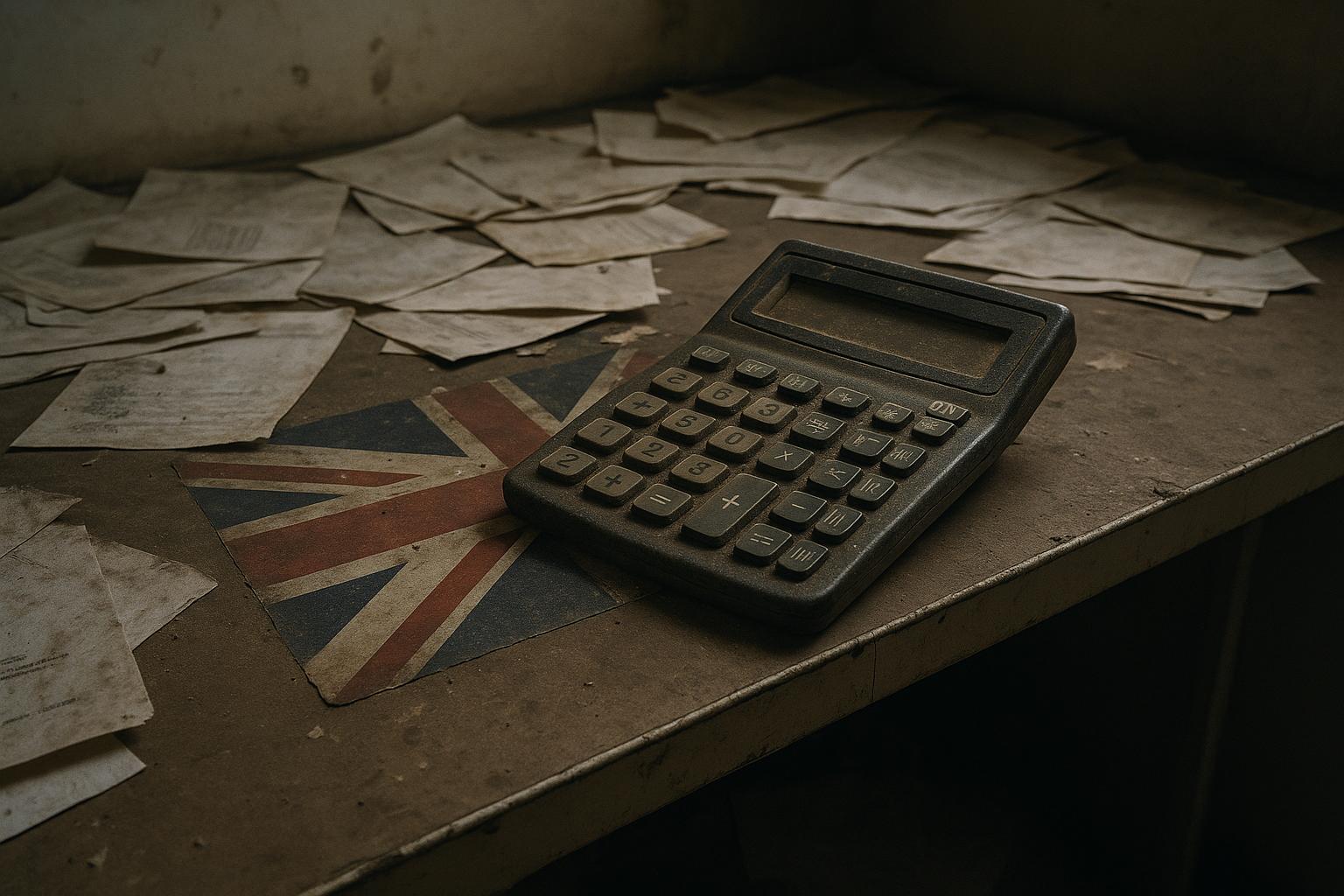The Conservative Party is positioning itself for a stringent fiscal overhaul with plans to further slash the UK's foreign aid budget, reflecting a broader effort to re-establish its credentials for financial responsibility following the economic turbulence linked to the Truss mini-budget. Shadow Chancellor Sir Mel Stride outlined a proposal to reduce overseas development aid to 0.1% of Gross National Income (GNI), significantly lower than the current 0.3%, a move projected to save approximately £47 billion over the next parliamentary term. This announcement was made in his keynote speech at the Conservative Party conference in Manchester, where he also committed to comprehensive cuts spanning welfare, the civil service, and green subsidies.
The shift indicates a decisive break from previous Conservative commitments. The foreign aid budget, once set at 0.7% of GNI under David Cameron’s government in 2011, has already seen reductions—first to 0.5% in 2021 during the pandemic, and more recently cut to 0.3% under Prime Minister Keir Starmer's administration to bolster defence spending. Starmer’s reduction aimed to fund an increase in defence and security budgets to meet NATO targets, culminating in £9.4 billion foreign aid spending projected for 2028-29. Despite these cuts, the Conservative plan dwarfs this by proposing a new baseline of 0.1%, around £3 billion annually. This level of aid reduction provoked criticism from international development organisations. Romilly Greenhill, chief executive of Bond—a network of organisations focused on aid and humanitarian assistance—denounced the move at a fringe event during the conference, calling it "reckless, short-sighted, and morally indefensible," warning it would jeopardise vital health programmes and the UK’s ability to respond to global crises.
The Conservative rationale hinges on the principle of fiscal prudence: the party insists it is unsustainable to continue ‘taxing people in this country to pay for billions of spending abroad.’ Sir Mel Stride reinforced this stance by asserting the party’s commitment to transparency in fiscal commitments, contrasting with the financial instability experienced after the Truss mini-budget, which saw sterling weaken and interest rates escalate. The proposed plan also includes sweeping cuts beyond foreign aid: welfare spending is targeted for reductions of £23 billion by tightening eligibility, including restricting sickness benefits and limiting support to British citizens only, aligning with Reform UK’s policies. The party also proposes a reduction in civil service headcount by over 130,000 positions to pre-2016 levels, promising an £8 billion saving.
Additionally, the Conservatives aim to scrap the Climate Change Act and curtail green subsidies, citing £1.6 billion in potential annual savings. Another distinctive policy includes closing all asylum hotels, estimated to save at least £3.5 billion, part of a broader immigration enforcement strategy featuring a new Immigration Control Enforcement force, designed to remove 150,000 illegal migrants per year.
Critics from across the political spectrum have swiftly condemned these proposals. Labour Party chair Anna Turley pointed to the Tory track record of escalating welfare costs and civil service numbers during their previous terms and rejected the plans as a rehash of failed policies. The Liberal Democrats also criticised the Conservatives for failing to learn the economic lessons of recent years, characterising the cuts as part of continuing "Trussonomics"—the controversial economic agenda initiated under Liz Truss that destabilised the economy. Moreover, humanitarian charities and NGOs have warned that diminishing the UK’s aid contributions will not only harm vulnerable populations worldwide but also damage the UK’s standing and influence on the global stage.
This proposed radical reduction follows a series of recent cuts that have eroded the UK's traditional aid commitments—cuts that already caused high-profile resignations, such as that of Anneliese Dodds, the former International Development Minister, who stepped down in protest over the Labour government's aid reductions. The ongoing shift illustrates a broader trend where aid budgets are sacrificed to boost defence spending amid heightened geopolitical tensions, particularly in support of Ukraine and European security.
As the UK debates these challenging fiscal decisions, the tension between domestic economic priorities and international humanitarian responsibilities remains front and centre, reflecting a complex balancing act that will shape the country’s global role and domestic wellbeing in the years ahead.
📌 Reference Map:
- Paragraph 1 – [1], [2]
- Paragraph 2 – [1], [3], [4], [5], [6]
- Paragraph 3 – [1]
- Paragraph 4 – [1], [7]
- Paragraph 5 – [1], [4], [5], [7]
Source: Noah Wire Services
